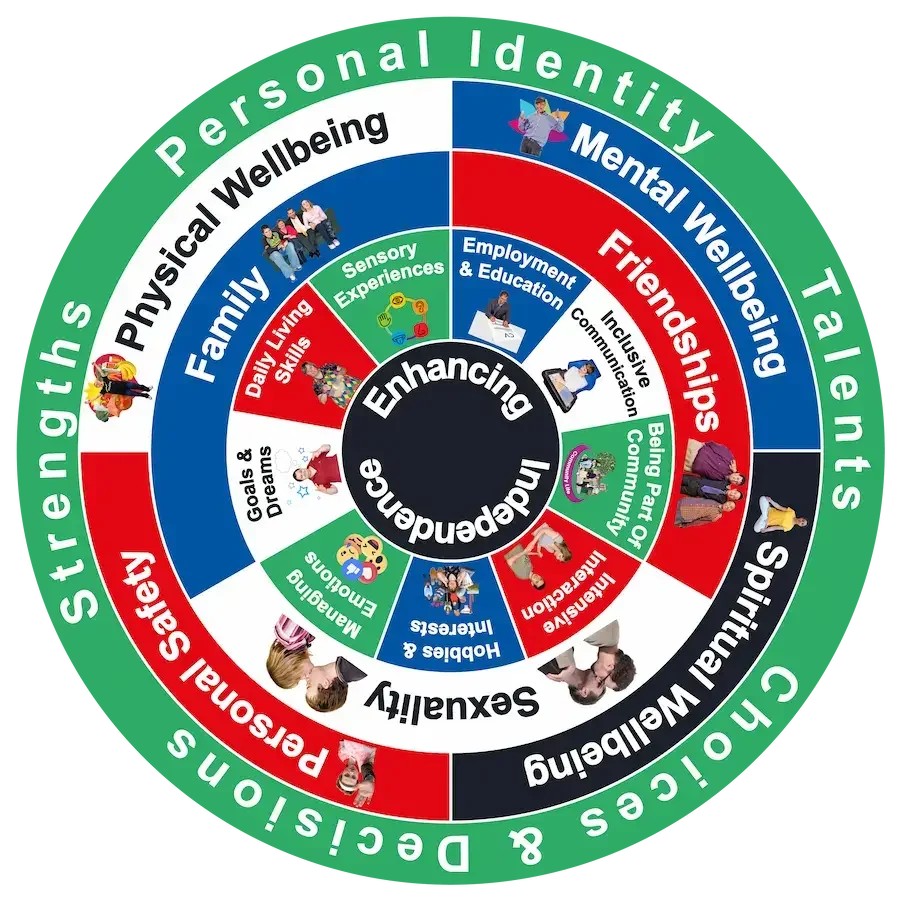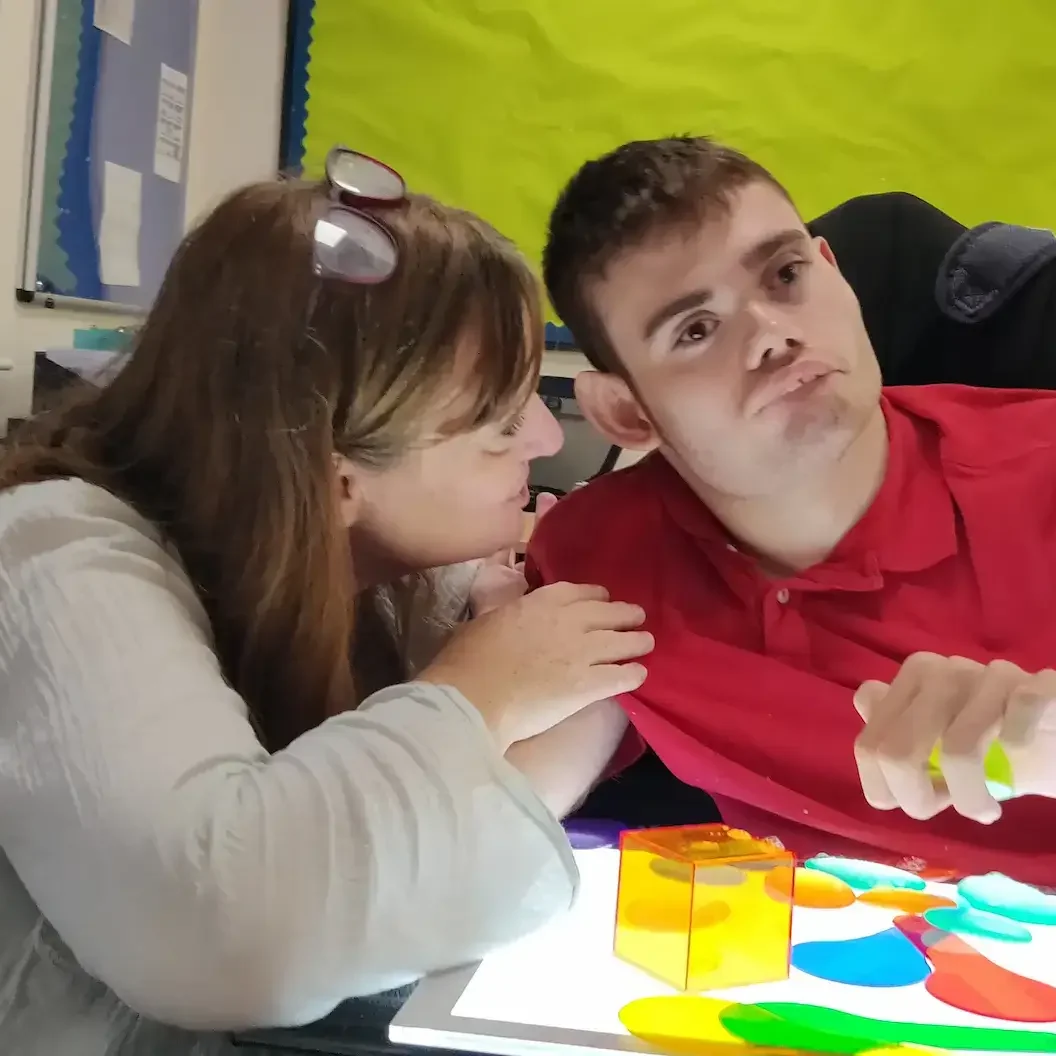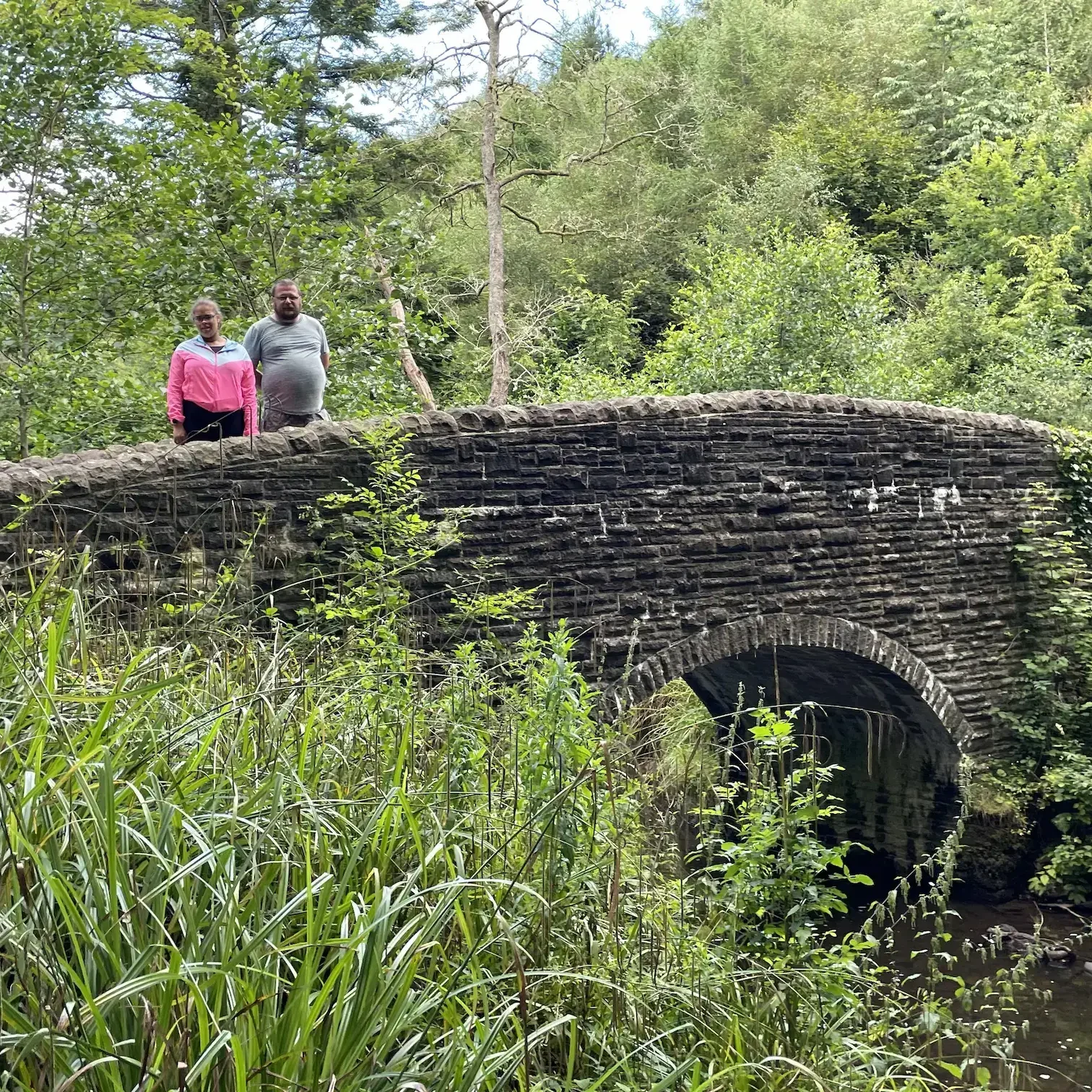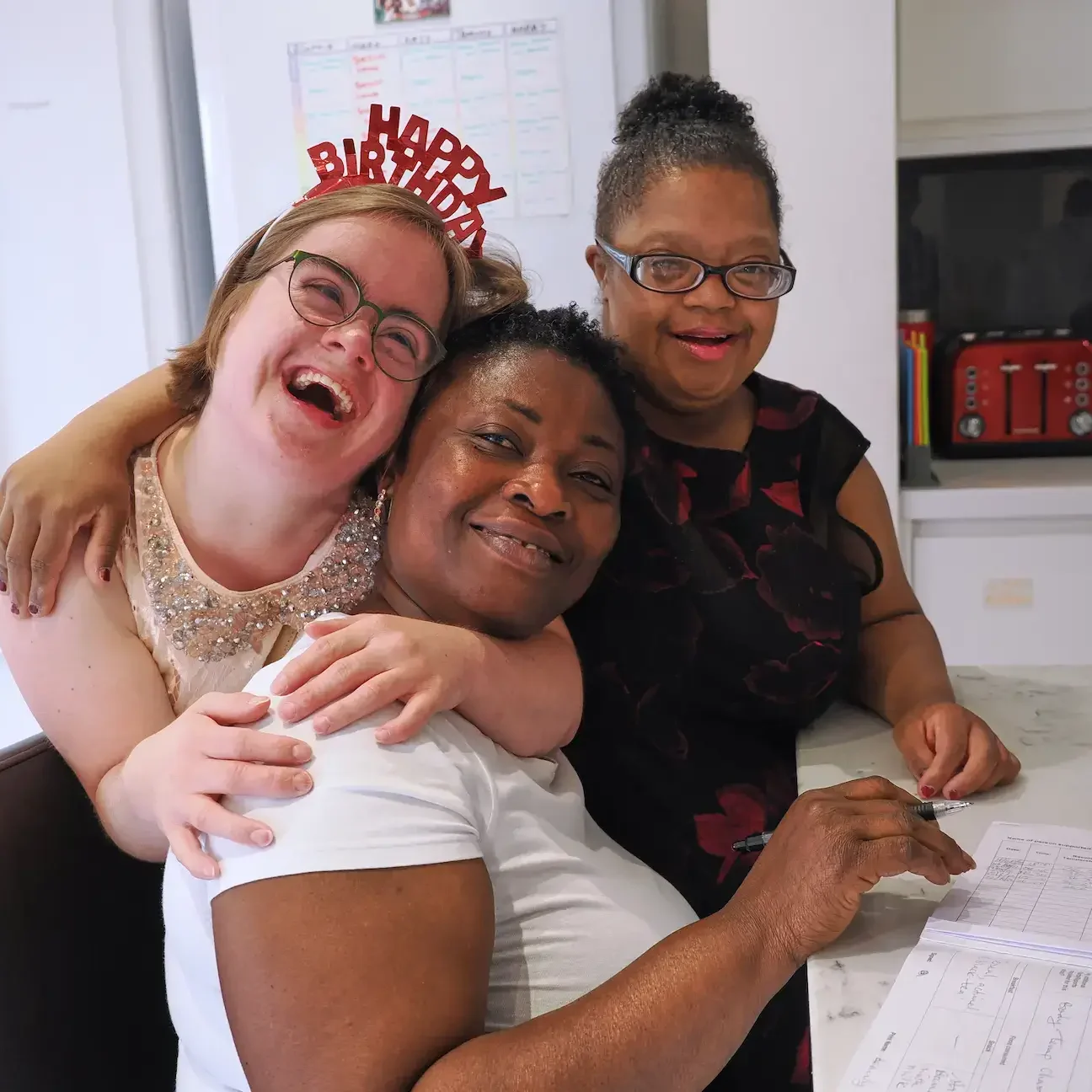Supporting stronger mental health – every step of the way
We provide skilled, trauma-informed mental health support in residential and supported living homes — designed to build confidence, life and coping skills, and lasting wellbeing. We support people with enduring mental health conditions, in partnership with local mental health services to support the person with their treatment and risk management.
Personalised support for a range of mental health needs
We support people with a range of mental health conditions — whether they are the primary health need, or present alongside learning disabilities and/or autism.
Our approach combines person-led planning, trauma-informed care, and strong partnerships with local health services. Whether you're managing mood disorders, psychosis, post-traumatic stress disorders (PTSD), eating disorders, personality disorders, we’re here to help you live the life you want.

Rehabilitation. Reablement. Real relationships.
We support people with primary mental health needs in supported living and residential homes. Together, we:
- Develop individual Mental Health Support Plans
- Focus on recovery, self-help and confidence
- Build coping strategies and life skills
- Support self-esteem and motivation
- Plan for a move toward greater independence
Our teams build trusting, compassionate relationships — helping each person unlock their potential in partnership with local services and our own internal clinical teams.
Tackling risk with specialist expertise
Some people we support may also face additional challenges such as:
- Addiction
- Hoarding
- Offending risk
- Self-harm or suicidal ideation
We have an internal Forensic Mental Health Team, led by qualified and highly experienced Mental Health Nurses. This team leads on risk planning, staff training and specialist support, in partnership with NHS and local mental health services.
Achieve together is a proud member of the National Suicide Prevention Alliance.

Mental health in autistic people and those with learning disabilities
People with learning disabilities and/or autism can also experience poor mental health. But symptoms are sometimes misunderstood or misdiagnosed – a problem known as diagnostic overshadowing.
We work hard to:
- Recognise hidden symptoms
- Avoid incorrect assumptions
- Work with local mental health professionals
- Deliver support that addresses the person’s whole experience
With support from our Positive Behaviour Support (PBS) and Mental Health Teams, we ensure people get the right support, at the right time, in the right way.
Understanding the impact of trauma
Many people we support have experienced trauma – sometimes complex, long-standing or linked to past care settings.
That’s why our teams receive specialist trauma-informed training, led by our Positive Behaviour Support (PBS) and Mental Health professionals. We create environments that:
- Recognise the signs of trauma
- Minimise re-traumatisation
- Promote safety, choice and empowerment


“I feel heard. I feel hopeful."
Looking for specialist support?
We’re here to talk, listen and guide you to the right support. Get in touch with our team to explore how we can help.
Need help finding the right support? We're here for you.
